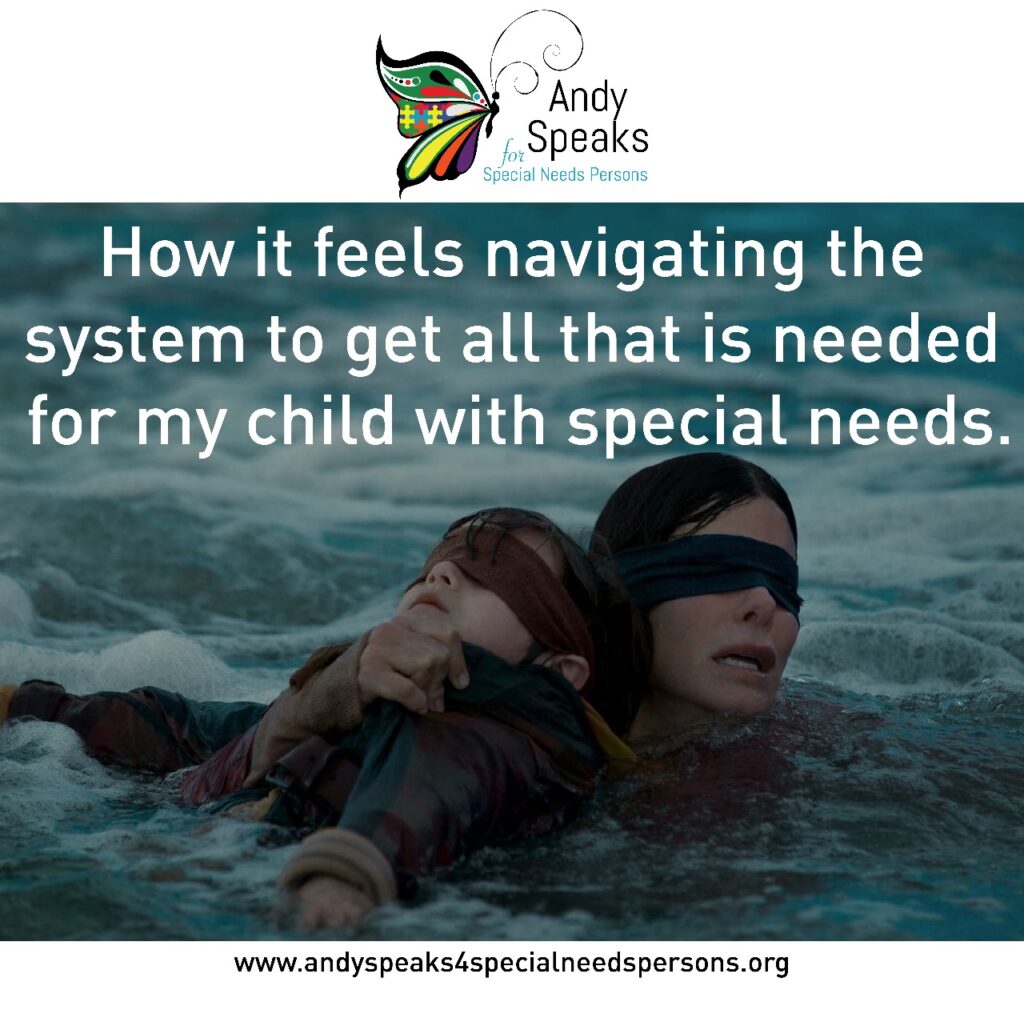Social welfare for persons with disabilities refers to various programs and services provided by governments, non-governmental organizations, and private institutions to support the needs and improve the quality of life of individuals with disabilities. These programs and services may include financial assistance, healthcare, rehabilitation, education, employment support, and housing.

Governments around the world have established social welfare programs to assist persons with disabilities in their respective countries. In the United States, for example, the Social Security Disability Insurance (SSDI) and Supplemental Security Income (SSI) programs provide financial support to people with disabilities who are unable to work due to their conditions. In Canada, the Disability Tax Credit and the Registered Disability Savings Plan, in Kenya we have benefits from the National Council for Persons with Disabilities (NCPWD) are examples of government programs that provide financial assistance to individuals with disabilities.
In addition to government programs, there are also non-governmental organizations and private institutions that offer various forms of assistance to people with disabilities. For example, there are organizations that provide support and advocacy for individuals with specific disabilities such as Autism, Cerebral Palsy, and Down Syndrome.
Overall, social welfare programs for persons with disabilities aim to provide assistance that can help them live independently, improve their quality of life, and enable them to participate fully in society.
